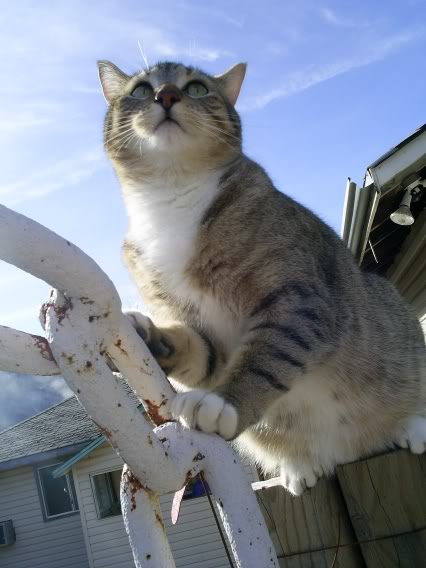Keeping the air clean for your parrot is just as important as providing a healthy diet, and clean water. Although choosing the right air purifier can sometimes be daunting, knowing the answers to these 7 questions will help you make the best decision.
How important is 24 hour filtration? In a word it is crucial. The goal is to keep the level of air quality high all the time. And the only way to do this is not to ever allow a build-up of particles.
Having a motor that is able to run safely with high revolutions per minute is essential to constantly minimize pollutants in the air. This type of motor is called a split capacitor and should be listed in the technical specifications of the owner's manual.
What level of ozone is safe? This remains a controversial subject for many. Studies have shown that the level of ozone would have to be so high to effectively clean the air that it would be toxic to humans. Other studies conclude that trace amounts are acceptable.
The one thing that all can agree on is that fresh air is best. So using a technology that only produces fresh air is best for you and your bird. HEPA filtration is safe and is the most efficient at particle elimination.
Which is better, plastic or steel casing? Steel is the best option for a number of reasons. Many parrots have strong beaks and use them to explore things in their environment including the purifier. A unit made of steel is less likely to have pieces break off that cause injury, or worse.
When a unit runs continuously (as it should) the motor heat will cause the casing to get warm. Sometimes when the unit is made of plastic this can cause fumes to be released into the air when the plastic heats up. The last thing you want is to pay for a unit that causes problems rather eliminates them.
What type of filter is best? There should really be a canister of filters that contains multiple filters that are designed to remove various size particles. A HEPA or high efficiency particle arresting filter is designed to remove airborne particles that are .3 microns or greater in size. This filter is cable of removing airborne bacteria and viruses as well as the microscopic pieces of dander that all birds shed continually.
There should also be large and medium size pre-filters that can trap particles that you can see such as bird dust, feathers, and normal household dust. These filters save the more intricate HEPA from filling needlessly with particles that are easily trapped by these bigger and less expensive filters.
A filter for odor is also a good idea. Having a carbon cloth filter gives you 2 advantages. Because it is woven like a cloth it can also trap particles, and the fact that it is made of carbon means that it can remove gases, odors, and airborne chemicals to which birds are so vulnerable.
How big of a space should the unit be able to clean? It should be able to clean the area that is open to it. So if your birds are in a family room, the cleaner should be capable of cleaning not only that room but all the other space open to it. So if you leave all of your doors open and your space is 1500 square feet, that's the space your purifier should be sized to clean.
Where is the best placement for the unit? The cleaner should be placed so that it does not create a draft for the birds. Ideally, a unit should only need about 6 inches of clearance from any surface to function efficiently. This means it can be placed out of the way and in a way that keeps the chord from being a tripping or choking hazard.
What type of maintenance should be expected? Maintenance should be minimal and should be able to be done while the unit is running. Vacuuming the outside occasionally should be the most that is expected.

 Notes For Your Vacation Rental Pet Policy
Sometimes the blues could very well set in and after a vac
Notes For Your Vacation Rental Pet Policy
Sometimes the blues could very well set in and after a vac
 The Language Makes For An Great Vacation Hire?
1 more unique vacation home business that is to be had durin
The Language Makes For An Great Vacation Hire?
1 more unique vacation home business that is to be had durin
 Why Wetlands Are An Critical Aspect Of Eco
Pets are usual areas of peoples lives it isnt really at all
Why Wetlands Are An Critical Aspect Of Eco
Pets are usual areas of peoples lives it isnt really at all
 Weekend Retreat Tips - 15 Common Vacation Disability Benefits You Can Remain!
Points of interest. russian trips are good methods for those
Weekend Retreat Tips - 15 Common Vacation Disability Benefits You Can Remain!
Points of interest. russian trips are good methods for those